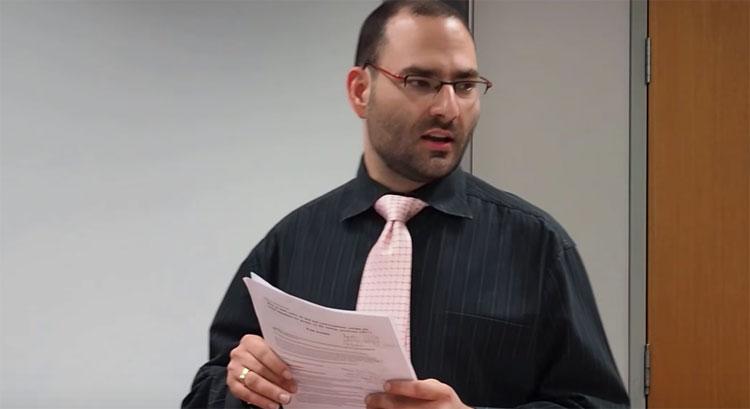
Paul Jordan: Autism Author and Mentor
Tough Start
Paul was born in Canberra during the mid-eighties when not that many people understood autism or Aspergers Syndrome as it was known then. Paul was born 26 weeks premature, with a hemiparesis due to a stroke.
At school Paul was bullied from Year 9 to Year 12 because he says " I simply did not fit in with my peers, although some schoolmates were kind and understanding to me, and are still my friends today. I treat them like additional brothers."
This did not stop Paul to go on to achieve academic excellence.
Paul now has three degrees (Bachelor of Arts (2006), Graduate Diploma in Arts (2009), Master of Translation (2012) (all ANU).
Paul has also learned "Learned Acceptance and Commitment Therapy" in psychotherapy to manage autism.
Paul is clearly a high achiever speaking five different languages: English, French, German, Spanish, Czech.
Paul says "If I was diagnosed at an earlier age, this would have made school and socialising easier. Asperger's Syndrome was not in the Diagnostic Standards Manual until 2000 - when I was in Year 11.
To those parents who may be wavering on getting their child diagnosed from personal experience I believe it will help explain why your son or daughter behaves as they do and teach them via behavioural therapy to effectively manage the inherent anxiety and avoid problems in later life (such as substance abuse to self medicate or falling in with the wrong crowd).
Paul the Author
Last year Paul deciced to write a book called 'How to start, carry on and end conversations: scripts for social situations for people on the autism spectrum' (Jessica Kingsley Publishers, 2017).
Paul has also become an Advisor and Mentor under NDIS, helping people to increase their social and community participation and life transition planning.
He says "I use my lived experience with autism, workshop material in my book and strategies I learned in psychotherapy, such as mindfulness, defusion and social stories, to help my clients manage their autism and effectively socialise with others."
The Book: HOW TO START, CARRY ON AND END CONVERSATIONS
The book offers helpful guidance on how parents might be able to support their ASD adolescent sons and daughters:
We share some key elements of the book which is a useful resource for parents and young people wanting to improve their social skills:
Paul's Tips for Parents:
- After your son or daughter has been in a social situation which did not go as well as expected, explain why the behaviour was wrong/offensive, and teach a more acceptable alternative.
- Your teenager may not yet be able to understand that other people have different viewpoints to them. Impaired theory of mind is common to autism spectrum disorder.
- Be patient with the repetitive nature of your child’s special interest.
- Help them to channel it into something constructive and even professional.
- Help them make friends by finding people with common interests. These people may be older or younger.
The main thrust of the book is to build skills on starting and managing conversations. The ‘scripts for thinking’ in the book use the 65 simplest words in all languages to teach the teenager what to think and say in given social situations.
Here are the script headings :
- Bullying
- Making friends
- Managing conversations
- Special interests:
- Thinking differently can be a problem
To find out more check out our Resources which shares more detail on the key elements of the book or even better Buy Paul Jordan's book



